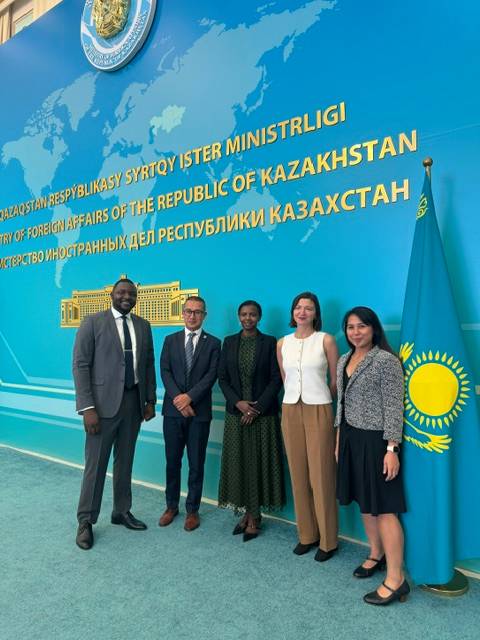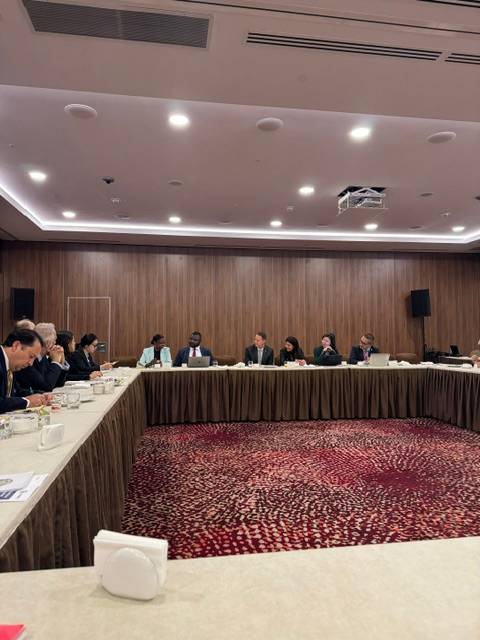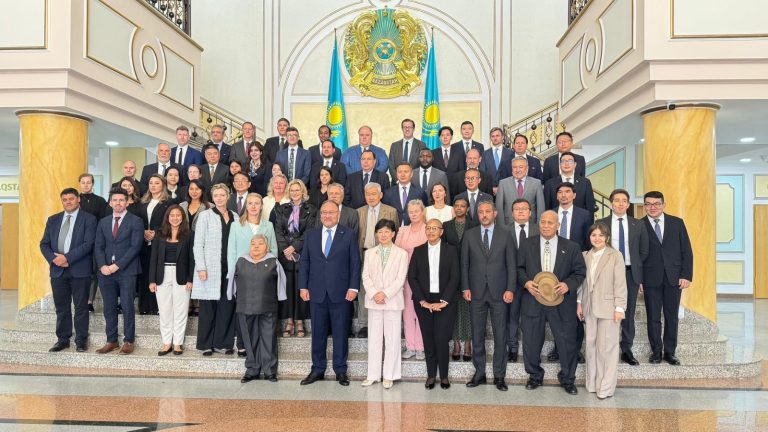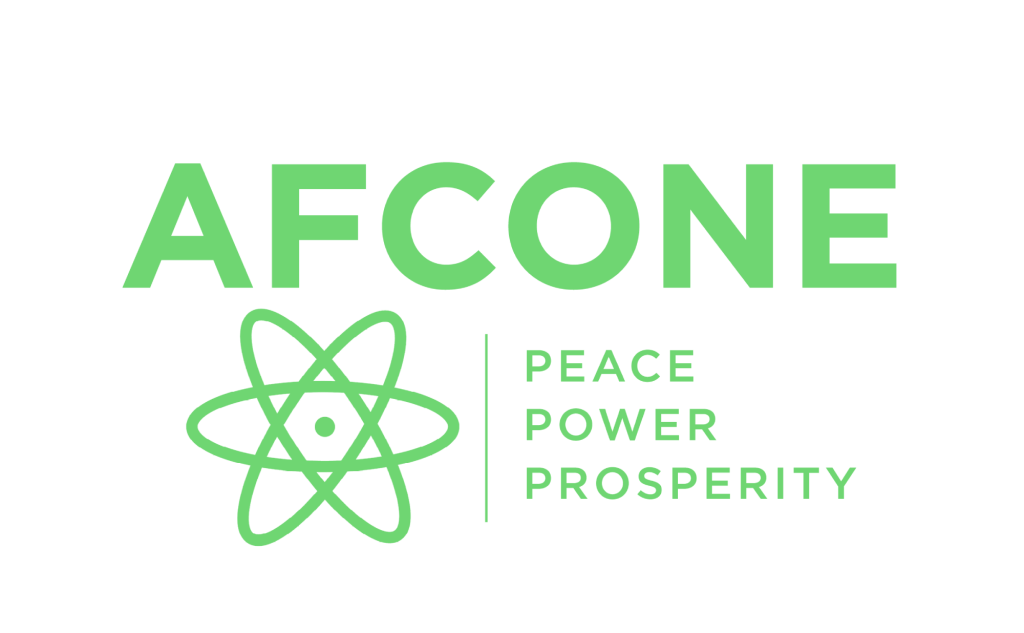The workshop which was organized to coincide with the 15th anniversary of the International
Day Against Nuclear Tests. aimed to strengthen collaboration and consultation mechanisms
among the world’s Nuclear-Weapons Free Zones (NWFZs), including the national NWFZ of
Mongolia, in promoting unity in disarmament efforts.
Conferences such as this one play a necessary interim role between Conferences of State
Parties to NWFZs in maintaining cooperation between the NWFZs.
The African Commission on Nuclear Energy (AFCONE) engaged with NWFZ representatives to
foster cross-regional cooperation, contributing to ongoing discussions on enhancing global
nuclear security through strengthened consultation and collaborative mechanisms.
Presentations and exchange of experiences in past cooperation eorts were made by
representatives of AFCONE, the Association of Southeast Asian Nations (ASEAN), Agency for
the Prohibition of Nuclear Weapons in Latin America and the Caribbean (OPANAL), the Pacific
Islands Forum (PIF), the Central Asian Nuclear-Weapon Free Zone (CANWFZ) and Mongolia.
In addition, statements were made by representatives of the IAEA, CTBTO, the chair of the
General Assembly mandated process to establish a Middle East zone free of nuclear weapons
and other weapons of mass destruction, Center for Energy and Security Studies (CENESS),
Vienna Center for Disarmament and Non-Proliferation (VCDNP), the government of Austria, and
independent consultants.
Representatives noted that they should consider other joint activities, including joint
statements in relevant forums and an annual joint resolution at the United Nations General
Assembly. It was noted that a joint resolution could assist in presenting a united front to
strengthen the regime established by the NWFZ treaties.
AFCONE highlighted in its statement, the need for a united front in engaging nuclear weapon-states (NWSs), particularly with regards to signing and ratification of the relevant protocols in
the Treaties, and providing negative Security Assurances without reservations to the states in
the NWFZs.
AFCONE also noted that establishing a framework for a lobby group consisting of the 106
nations in the NWFZs could start work on supporting the 2025 PrepCom and the 2026 NPT
RevCon.
Representatives underscored the need to take steps toward further institutionalizing NWFZ
treaties by establishing working/executive bodies or regional organizations where practical. The
examples of the Agency for the Prohibition of nuclear weapons in Latin America and the
Caribbean (OPANAL) and the African Commission on Nuclear Energy (AFCONE) were noted as
successful models to this end.
Representatives highlighted that the NWFZ portal operated by UNODA serves as a central
platform for communication between zones, providing comprehensive information on NWFZs,
its conferences and other joint activities. Parties to NWFZs were called upon to support UNODA
in enhancing the portal, including by providing inputs and regular updates to ensure that it
remains current.
Representatives underscored the importance of continued cooperation with both the IAEA and
the CTBTO in ensuring compliance with non-proliferation commitments and promoting the
peaceful use of nuclear energy within the framework of NWFZ treaties. The IAEA’s role in
verifying safeguards and the CTBTO’s work in monitoring nuclear test bans were highlighted as
essential to maintaining trust, transparency, and global non-proliferation norms. Collaboration
with these organizations is emphasized as crucial for reinforcing the integrity of NWFZs and
supporting international disarmament efforts.
Representatives noted the complementarity between NWFZs and the TPNW and highlighted the
potential for enhanced cooperation between NWFZs and TPNW States Parties and Signatories.
In this regard, in collaboration with OPANAL (Agency for the Prohibition of nuclear weapons in
Latin America and the Caribbean), and ICAN (International Campaign to Abolish Nuclear
Weapons), AFCONE co-sponsored a side event on 28 August 2024. The purpose of the sideevent
was, inter alia, to leverage synergies, and explore cooperation opportunities between the
NWFZs and the TPNW in strengthening NWFZs and vice versa, including in universalisation and
implementation of the treaties.





